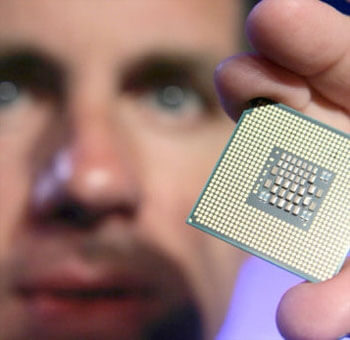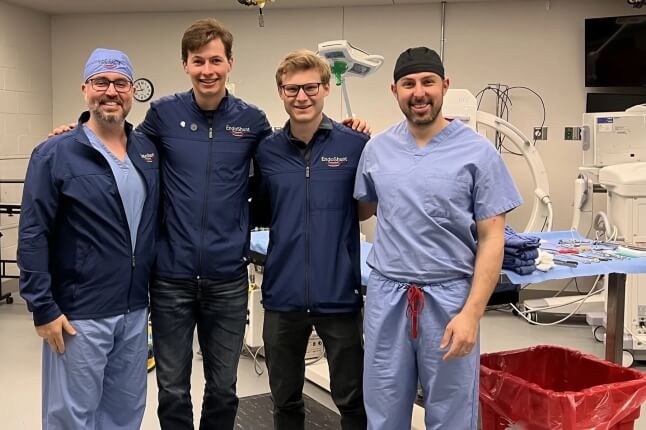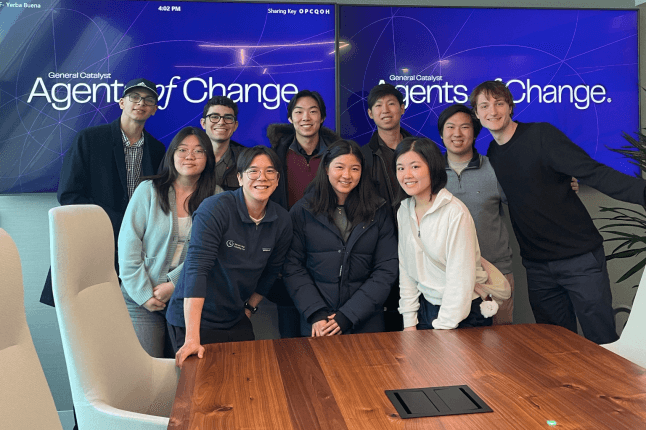News
SEAS will be working with a Stanford-based research center sponsored by Intel. (Image courtesy of Intel.)
Intel Corporation announced plans to invest $100 million directly into U.S. university research over the next 5 years to drive innovations in computing and communications.
The first collaborative center will be at Stanford University in California. Working with the Stanford center will be the Harvard School of Engineering and Applied Sciences (SEAS); the Universities of California at Berkeley, Davis, and Irvine; the University of Washington; Cornell; and Princeton.
The effort will focus on research into visual computing, and will involve 30 faculty members, 50 graduate students, and four researchers from Intel Labs.
Hanspeter Pfister, Gordon McKay Professor of the Practice of Computer Science at SEAS, will help to lead the effort at Harvard.
Intel will open additional Intel Science and Technology Centers across multiple universities throughout the year.
The centers will focus on projects in select technology areas that align with the company's research agenda including visual computing, mobility, security and embedded solutions. This new model is expected to result in U.S. researchers receiving up to five times more funding from Intel Labs when compared to the previous approach.
The centers represent a new model of collaboration for the company. Until now, Intel Labs ran open collaboration centers near research universities and a substantial portion of the company's funding focused on operating, maintaining and staffing these facilities.
The new centers will be Intel-funded and jointly led by Intel and university researchers.
They are designed to provide more dollars in the hands of researchers, and to encourage tighter collaboration between academic thought leaders in essential technology areas such as visual computing, security and mobile computing. For maximum flexibility, Intel will be able to tune its research agenda across the research centers over time.
Intel plans to invite proposals from the academic community to continue pursuing the creation of additional Intel Science and Technology Centers.
Topics: Computer Science
Cutting-edge science delivered direct to your inbox.
Join the Harvard SEAS mailing list.
Scientist Profiles
Hanspeter Pfister
An Wang Professor of Computer Science




